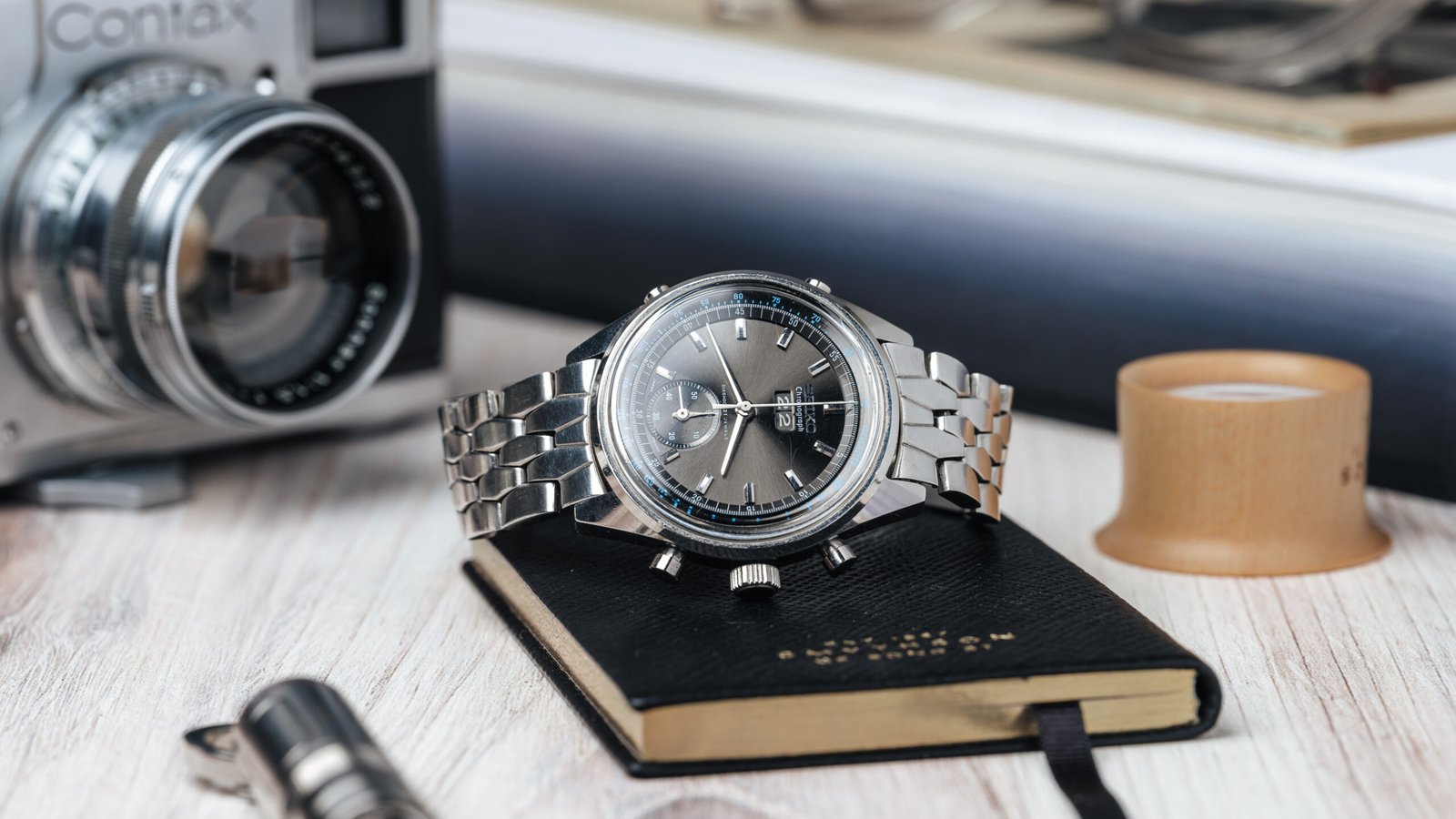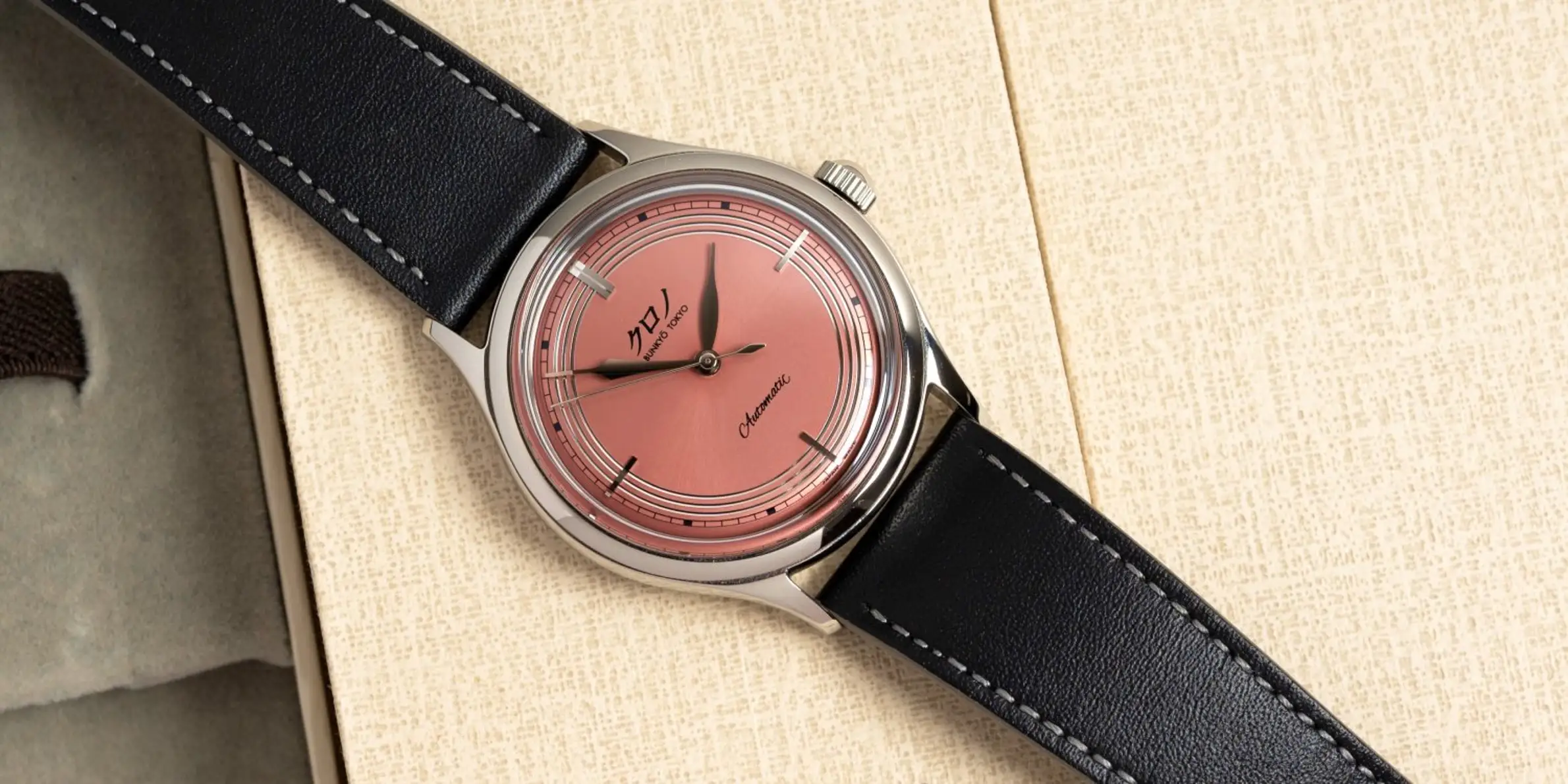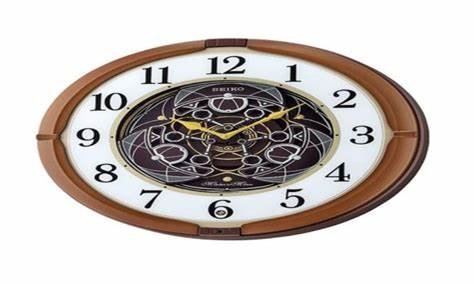Japan’s rich tradition of craftsmanship and innovation extends to the world of horology, where several famous clockmakers have made their mark. From pioneering new technologies to creating timeless designs, these clockmakers have played a pivotal role in shaping the global timekeeping industry. In this article, we explore some of the most influential Japanese clockmakers and their groundbreaking innovations that transformed the way we measure time.
1. Seiko: Revolutionizing Timekeeping with Quartz Technology
No discussion about Japanese clockmakers is complete without mentioning Seiko. Founded in 1881 by Kintaro Hattori, Seiko started as a small clock repair shop but quickly grew into one of the world’s leading watch and clock manufacturers. Seiko’s innovations have left an indelible mark on the global horology industry, particularly with the introduction of quartz technology.
- First Quartz Clock (1959): Seiko developed the world’s first quartz wall clock in 1959, which dramatically improved timekeeping accuracy. The quartz technology allowed clocks to be far more precise than mechanical counterparts, setting a new standard for timekeeping.
- Astron (1969): Seiko’s release of the Seiko Quartz Astron in 1969 revolutionized wristwatches. It was the world’s first quartz wristwatch, offering unparalleled accuracy with a deviation of only one minute per year.
2. Citizen: Combining Eco-Friendly Innovations with Precision

Founded in 1918, Citizen is another Japanese brand that has earned a reputation for innovation, especially in the realm of environmentally friendly technologies. Citizen has been a trailblazer in solar-powered clocks and watches, combining sustainability with precision.
- Eco-Drive Technology (1976): One of Citizen’s most famous innovations is the Eco-Drive, which introduced solar-powered timekeeping. This technology harnesses light, both natural and artificial, to power clocks and watches, eliminating the need for batteries. Citizen’s Eco-Drive clocks and watches have since become some of the most reliable and eco-conscious timepieces on the market.
- Atomic Timekeeping: Citizen was also an early adopter of atomic timekeeping technology, which allows clocks to synchronize with atomic clocks, ensuring timekeeping accuracy down to a fraction of a second.
3. Orient: Blending Traditional Craftsmanship with Modern Engineering
Founded in 1950, Orient has become synonymous with high-quality mechanical watches and clocks. Unlike Seiko and Citizen, which focused on quartz and solar technologies, Orient has built a reputation for producing reliable and affordable mechanical timepieces.
- Automatic Movements: Orient specializes in mechanical and automatic movements, which rely on the movement of the wearer’s wrist to power the watch or clock. This focus on traditional craftsmanship has made Orient a favorite among horology enthusiasts who appreciate the art of mechanical timekeeping.
- In-House Movements: While many companies source movements from external manufacturers, Orient takes pride in producing its own in-house mechanical movements, ensuring a high level of craftsmanship and quality control.
4. Kobayashi Clock Company: Masters of Antique-Style Clocks
The Kobayashi Clock Company is well-known for its antique-style clocks, which blend Japanese design elements with Western horological traditions. Established in 1876, Kobayashi clocks are often handcrafted and incorporate intricate details that make them popular among collectors.
- Mechanical Wall Clocks: Kobayashi is famous for its mechanical wall clocks, which feature detailed craftsmanship and nostalgic designs that harken back to a bygone era. These clocks often include ornate woodwork and hand-painted clock faces, reflecting the company’s dedication to artisanal production.
- Chiming Clocks: Many of Kobayashi’s clocks are known for their chiming mechanisms, which strike the hour and add an elegant auditory experience to their visual appeal. The company combines traditional clockmaking with modern innovations, creating unique timepieces that stand the test of time.
5. Rhythm Watch Company: Innovators in Musical and Motion Clocks
Founded in 1950, the Rhythm Watch Company is renowned for its line of musical and motion clocks. These clocks are not only functional but also serve as decorative pieces that entertain and delight.
- Motion Clocks: Rhythm is particularly famous for its motion clocks, which feature intricate moving parts that rotate, open, or transform at the top of each hour. These clocks are often whimsical, combining timekeeping with artistic flair.
- Melodious Clocks: Rhythm’s musical clocks often play a variety of tunes, from classical pieces to holiday melodies. This innovation has made them a popular choice for those looking for a clock that does more than just tell time — it adds an element of joy and surprise.
6. Casio: Innovators in Digital Timekeeping
While primarily known for its electronic gadgets, Casio made significant contributions to the world of clocks, particularly through its development of digital timekeeping. Founded in 1946, Casio was a pioneer in electronic clocks and watches.
- First Digital Watch (1974): Casio introduced the Casiotron, the world’s first digital watch, in 1974. This groundbreaking innovation paved the way for digital clocks and timepieces that could do more than just tell time — they could also calculate dates and set alarms.
- G-Shock Clocks: Casio’s G-Shock series, known for its durability and multifunctionality, also extended to wall clocks and desk clocks. These clocks are designed to withstand harsh conditions while providing precise timekeeping.
Conclusion
The contributions of Japanese clockmakers have had a profound impact on the world of horology. From Seiko’s quartz revolution to Citizen’s eco-friendly innovations and Orient’s dedication to mechanical craftsmanship, Japanese clockmakers have consistently pushed the boundaries of timekeeping technology. Brands like Rhythm and Casio have added artistic and technological flair, making Japanese clocks not only functional but also a joy to own. Whether you’re a clock enthusiast or simply appreciate fine craftsmanship, the innovations of these famous Japanese clockmakers continue to shape the future of horology.





Spieler mit Sitz in Österreich und der Schweiz sind von den deutschen Lizenzauflagen nicht betroffen. Juli 2021 in Kraft
getretene neue Glücksspielstaatsvertrag legalisiert das Glücksspiel für alle Online-Casinos mit einer deutschen Lizenz.
Highroller spielen gern mit sehr hohen Einsätzen und werden deshalb von Online-Casinos auch VIPs genannt.
Schließlich ist das Spielen mit Echtgeld in deutschen Online-Casinos der
Hauptgrund für den Besuch einer Internet-Spielbank.
Wir möchten unsere Leser beim Finden der besten Seiten im deutschen Sprachraum mit Hinblick auf
die jeweiligen Bedürfnisse unterstützen.
Diese Casinos sind ebenfalls einen Blick wert und bieten spannende Möglichkeiten für alle, die
auf der Suche nach neuen Spielerlebnissen sind. Casino Infinity überzeugt mit
einer hohen Auszahlungsquote und einer abwechslungsreichen Spielauswahl, die über 150 Slots umfasst.
Diese großzügigen Angebote machen den Einstieg besonders
lohnenswert und bieten den Spielern viele
zusätzliche Gewinnchancen. Ob klassische Slots oder aufregende neue Spiele – Queenspins bietet ein vielfältiges und spannendes Spielerlebnis.
Durch die Auswahl eines Casinos mit einer gültigen Lizenz,
lokale Zahlungsmethoden und Kundendienst auf Deutsch bietet Sie, wenn Sie diese Schritte ausführen, ein erstklassiges Glücksspielerlebnis.
Mehrere Faktoren tragen dazu bei, ein Online Casino für deutsche Spieler geeignet zu machen, einschließlich der Einhaltung lokaler Vorschriften, Lizenzierung, Zahlungsmethoden, deutschland lizenzierten Spielanbietern und der Verfügbarkeit des deutschsprachigen Kundendienstes.
Die strenge Glücksspielvorschriften der deutschen Regierung
stellen sicher, dass nur lizenzierte Unternehmen ihre Dienste den Spielern in Deutschland anbieten können.
References:
https://online-spielhallen.de/drip-casino-cashback-eine-umfassende-analyse/
Our platform ensures that everyone, from beginners to experts, can enjoy the thrill of
backgammon without any cost. The board is divided into
four quadrants, each containing six points. Backgammon is a classic game
of luck and skill.Learn more… The game is written in JavaScript,
using the Phaser HTML5 Game framework. Backgammon is the 28th game we made here at CardGames.io.
You can not move on to a column containing 2 or more of your opponents pieces.
If you move on to a column contaning one of your opponents
pieces their piece will be sent back to the start.
Please either enable Javascript for Cardgames.io
from your brower’s security settings, or upgrade to a more modern browser.
Unfortunately, all the games are coded in Javascript, and so our site cannot
function without executing scripts. We detected that something blocked
cardgames.io from running Javascript files on the page.
The primary script that runs our games seems to not have loaded, somehow.
References:
https://blackcoin.co/crown-perth-in-depth-guide/
Roulette, baccarat, blackjack and also table games and card games are included in the category of live games today.
The player can join the game and place bets, and if
necessary use the live chat to discuss the game. The main difference between these
games is the presence of a live dealer and the ability to
see the game table. Players can take their excitement and fun with them wherever
they go thanks to the mobile casino platform. Rocket Play Casino is already here, and this Curacao-licensed platform proves to be a
good choice for discerning and sophisticated players.
On top of that, gamers may utilize several currencies to play casino games by creating numerous wallets on their profile.
I can think of no better perk of this casino than being able
to play all my favorite Rocket games from any location. Impressively, RocketPlay Live Casino offers a variety of games using live croupiers.
There is a demo version of most of the games offered at rocketplay-casino
that you may play without spending a dime. The pokies, table games, and live dealer options ensure variety, while crypto-friendly banking adds convenience for modern players.
The casino provides comprehensive tools to help players maintain control over their gaming activities, including deposit limits, session timers, and self-exclusion options.
For players who prefer strategy-based gaming,
RocketPlay offers a comprehensive selection of table games including digital versions of blackjack, roulette,
poker, baccarat, and craps. Megaways slots provide thousands of ways to win, while the bonus buy feature allows players to jump straight to the most exciting parts
of their favorite games. Each provider brings their unique strengths to the platform, creating
a diverse ecosystem of gaming experiences that spans traditional casino favorites
to cutting-edge blockchain-based games.
References:
https://blackcoin.co/kingpin-crown-melbourne-casino-guide/
online casinos paypal
References:
spechrom.com
online casinos that accept paypal
References:
https://balajee.co.in/employer/paypal-casinos-best-online-casinos-that-accept-paypal-deposits/
I’m not that much of a online reader to be honest but your blogs really nice, keep it up! I’ll go ahead and bookmark your site to come back later on. All the best
You are a very capable individual!
Absolutely written written content, Really enjoyed reading.
You can definitely see your skills in the work you write. The world hopes for more passionate writers like you who are not afraid to say how they believe. Always go after your heart.
Some really fantastic information, Gladiola I observed this. “I have to be myself , I can’t be no one else…” by Noah Gallagher.